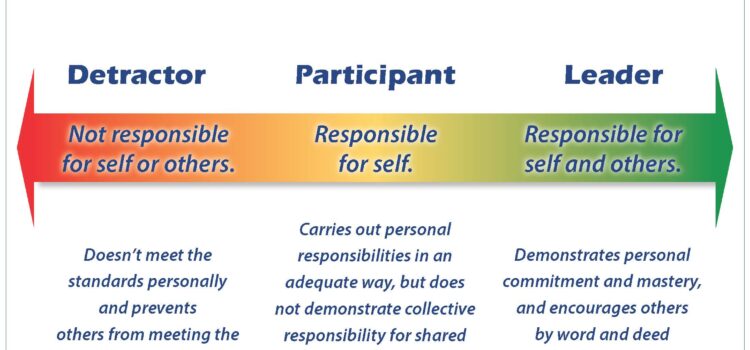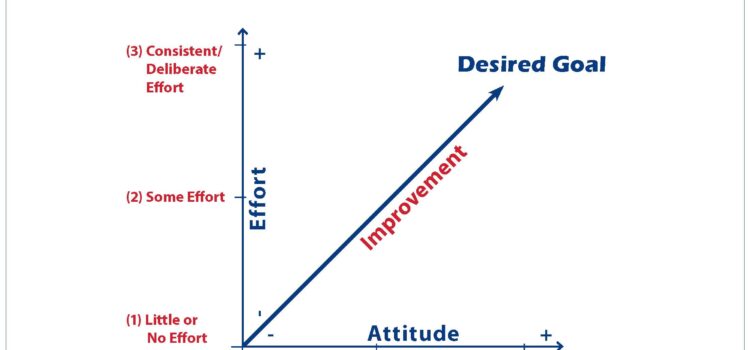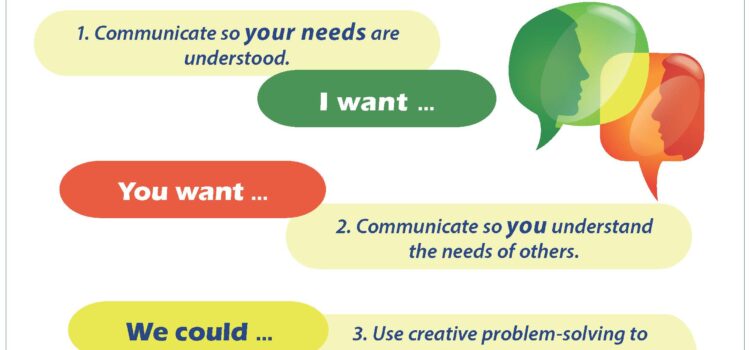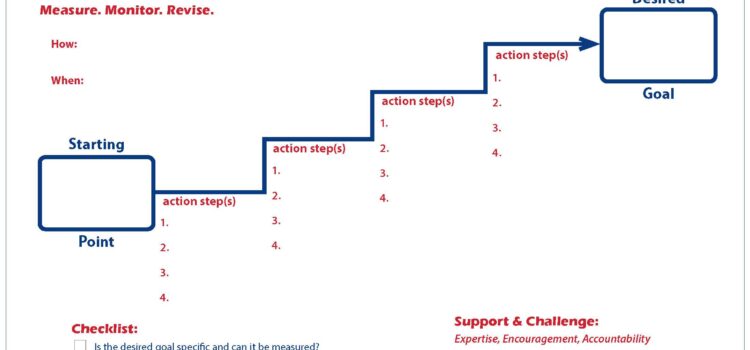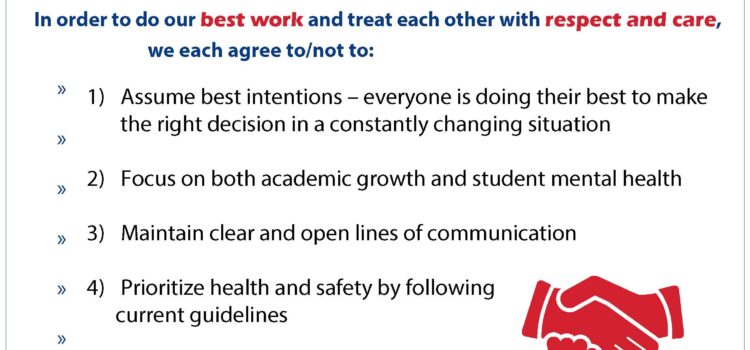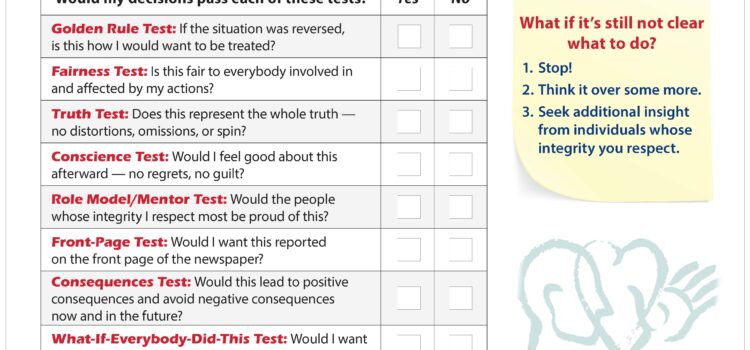Students today need more opportunities to build their emotional toughness in a world that is as fast paced and ever changing. Thus, creating conditions that allow them to take responsibility for their behavior, emotions, and responses is important in building resilience for learning and development. This lesson will have students focus on their emotional toughness and highlight the need to be responsible for our responses in emotional situations.
Emotional Toughness (Grades 6-12)






